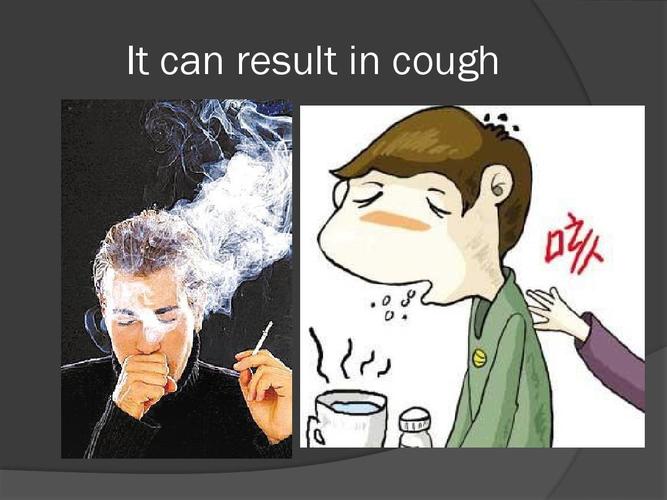吸烟有害健康英语作文带翻译
Smoking is a highly detrimental habit that has been linked to a multitude of health issues. Tobacco smoke contains over 7,000 chemicals, hundreds of which are toxic, and about 70 can cause cancer. When a person smokes, these chemicals are inhaled into the lungs and then spread throughout the body via the bloodstream, leading to various adverse health effects. Here are some of the harmful effects of smoking on health:
1. Respiratory Issues
Smoking damages the respiratory system and is a leading cause of various respiratory issues such as chronic bronchitis, emphysema, and chronic obstructive pulmonary disease (COPD). It also increases the risk of respiratory infections and can worsen asthma symptoms.
2. Cardiovascular Diseases
Smoking is a major risk factor for cardiovascular diseases including coronary heart disease, stroke, and peripheral vascular disease. It leads to the narrowing of blood vessels, reduces blood flow to the extremities, and raises the risk of blood clots.
3. Cancer
Tobacco smoke contains numerous carcinogens that can cause cancer in various parts of the body, including the lungs, mouth, throat, esophagus, bladder, cervix, and kidneys. Smoking is the leading cause of lung cancer, responsible for the majority of cases.
4. Reproductive Health
Smoking has detrimental effects on reproductive health in both men and women. It can lead to reduced fertility, erectile dysfunction in men, pregnancy complications in women, and an increased risk of miscarriage, preterm delivery, and low birth weight in infants born to mothers who smoke.
5. Other Health Effects
Smoking is also associated with an increased risk of developing various other health issues, including diabetes, rheumatoid arthritis, agerelated macular degeneration, and compromised immune function.
Quitting Smoking
Quitting smoking is the single most important step that smokers can take to improve their health. It's never too late to quit, and the benefits of quitting can be seen almost immediately. Within hours of quitting, blood pressure and heart rate decrease, and within days, the carbon monoxide levels in the blood return to normal. Over time, the risk of developing smokingrelated diseases decreases, and the body begins to repair some of the damage caused by smoking.
Support and Resources

For those looking to quit smoking, there are various resources available, including support hotlines, counseling services, nicotine replacement therapies, and medications. Behavioral counseling and support from friends and family also play a crucial role in helping individuals quit successfully.
It's important for individuals to understand the serious health risks associated with smoking and to take proactive steps to quit in order to improve their overall health and wellbeing.











